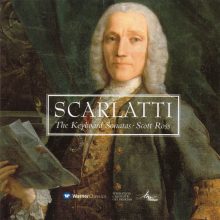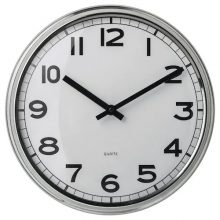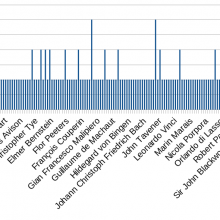Scarlatti In Bulk
Thanks to another recent video by David Hurwitz, I was finally persuaded to bite the bullet and splash out on the complete Domenico Scarlatti keyboard sonatas as performed by Scott Ross (the album artwork of which appears off to the left). It's a 34-CD collection, available for purchase from Presto Classical at only around £2.50 a box, which seems reasonable value to me.
Curiously, this collection of works has previously been discussed by me in comments on this blog piece, where I was asked by 'DACO' how I would go about tagging the multiple Chopin Nocturnes or the even more multitudinous Scarlatti keyboard sonatas. I had to answer DACO in that exchange in the abstract, since I didn't at that point actually own the Scarlatti. The general principle I advanced, however, was: group lots of little pieces together in whatever way makes them accessible and attractive to play. Thus, I could speak from experience: a CD of Britten arrangements of folksongs would be ripped and catalogued as a single collection of folksongs, rather than 21 short pieces of (usually) less than 3 minutes' duration. Similarly, I had only just completed a re-rip of the complete works of Percy Grainger, where because of the quantity of music involved, and its overall great similarity, I found it more expedient to essentially rip entire CDs as 'Grainger Compilations' than try to separate out each individual composition as its own 'album'. [...]











